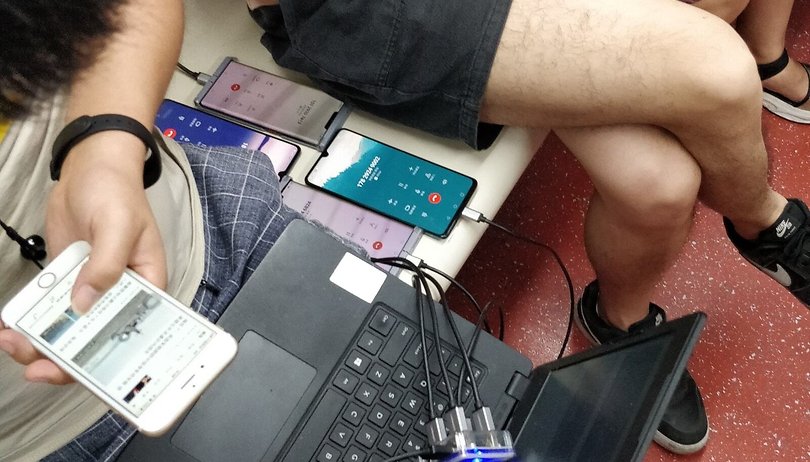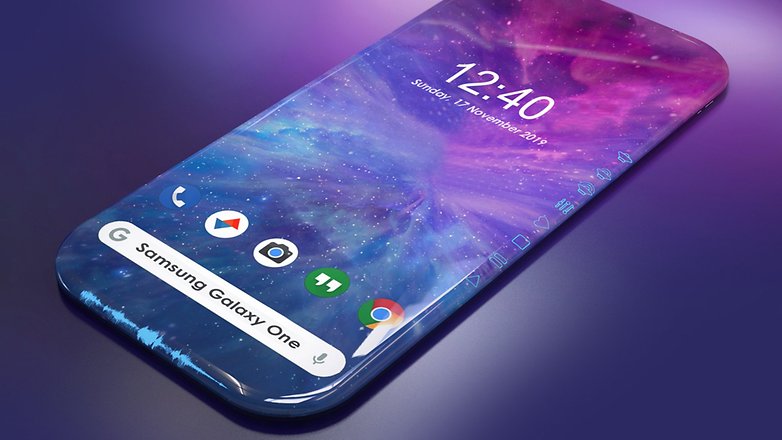The business of leaks is a bitter yet addictive pill to swallow


I think you have noticed by now that the MWC 2020 is just around the corner. On the one hand, there are more and more reports about a possible influence of the coronavirus, on the other hand, more and more information is leaking out about what the world of technology can expect from the largest mobile phone trade fair. But MWC also means that one leak follows the next. And even though I'm disgusted by bad render images and Photoshop fakes - my addiction to new leaked material just won't let up.
Evan Blass, Ben Geskin or Roland Quandt. They all have something in common - equipment manufacturers fear them, and technology fans adore them. They are the James Bonds of the scene. Courageously plunging into spectacular investigative research, finding the valuable sources somewhere, protecting them with your own life and risking your neck with manufacturers - and all this to give us the next long-awaited shot. But what is behind our addiction to product leaks?
I'm biased. I can't answer this question objectively at all, because I too need a little of the sweet, inspiring 'leak drug' every day by the time I'm pouring my first coffee to get me going. I scroll through Twitter, research my reliable sources and see who has posted the next high-resolution picture of the new top smartphone from Samsung, Apple, Huawei and Co. If I have found what I am looking for, it gives me great pleasure to share my yield with you. But drug abuse, even in this metaphorical case, is never a good idea. They're destroying us and above all, the manufacturers.

When we are allowed to prepare articles in advance, shoot a hands-on video or take glossy photos, test what the product can do while waiting for the NDA to lift before we can share it with you, there is nothing worse than a leak just before the official product launch. All the work is then of course not immediately in vain, but it's like your child discovering all the great presents in the wardrobe before Christmas Day and then having to pretend to be surprised when they are finally presented to them. Boring.
So while a completely leaked smartphone leaves us twiddling our thumbs during the press event, the manufacturer of the product is often left behind. Organizing such an event costs a lot of money, coordination and planning. There's a lot of work behind it and I'm now wondering why you don't invest a fraction of the money, work and coordination into better secrecy and security. It must be feasible - if you want it at all. Once again I would like to cite Apple as a positive example. The leaks of the past years can be counted on one hand, that's why an Apple leak is something like the super-drug. Pure adrenalin, precisely because there is so little of it.
Leaks, Photoshop fakes or rendering?
Of course, it is very tempting to publish a supposed product picture or leaked spec sheet as soon as it appears. It's tempting because people seem to care about leaks and the articles are popular. But in the meantime it is getting out of hand and interest is dwindling - at the latest - by the tenth concept photo. We're all a little down. Trip's over. And that makes you tired. In addition, everything is now called a "leak". Even if it's a photo that was edited really sloppily with Paint for Windows 98 - it will find its way onto the net. But we still have our James Bond's in the business. The so-called leak experts are at least demanding. Ben Geskin conjures up fabulous concepts, which he often creates and disseminates using leaked data. Evan Blass publishes the really big fish, and our German hope, Roland Quandt, is a reliable and equally demanding insider.

What gets me most upset are obvious fake leaks. Bad Photoshop edits - an insult to my eyes and mind. And as Shu already wrote about his 2019 highlights and disappointments of the year article: "In 2020, we as editors and also as readers should focus less on leaks". Let's agree on better selection here. Because even if I feel sorry for the manufacturer and employees that the surprise is already out before the event, I don't want to do without my daily dose, because with it our world of technology becomes a little more exhilarating every day.
Let's discuss in the comments. What do you think about leaks and famous leakers? And do you think that - especially smaller manufacturers - sometimes deliberately leak their own products in order to stay in the conversation? Let us know below the line.


















Most leaks are well planed out by manufactures to create interest and get free advertising. If you think t is anything else you are just fooling yourself.